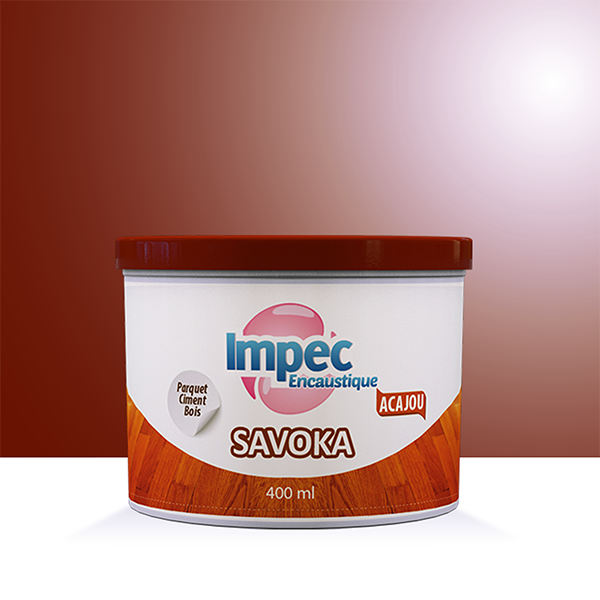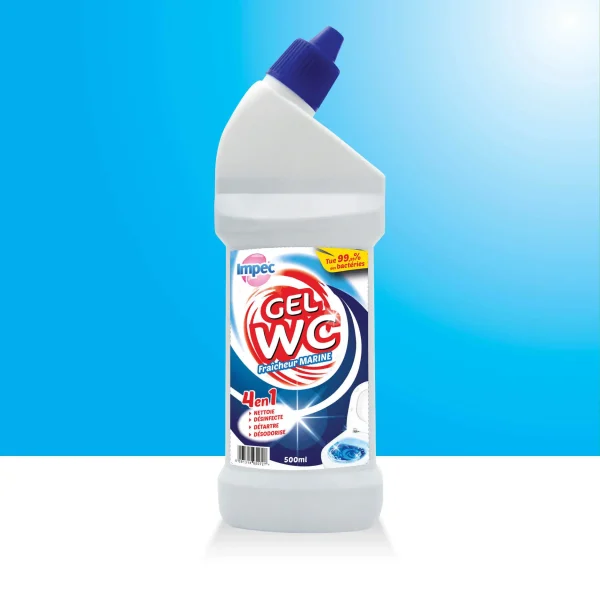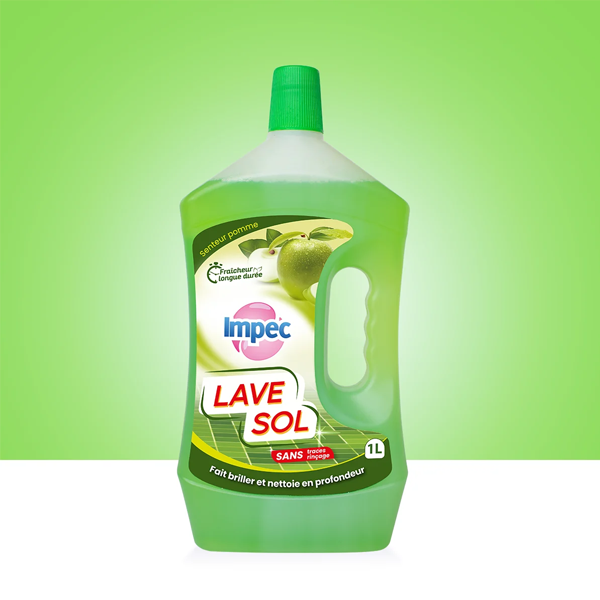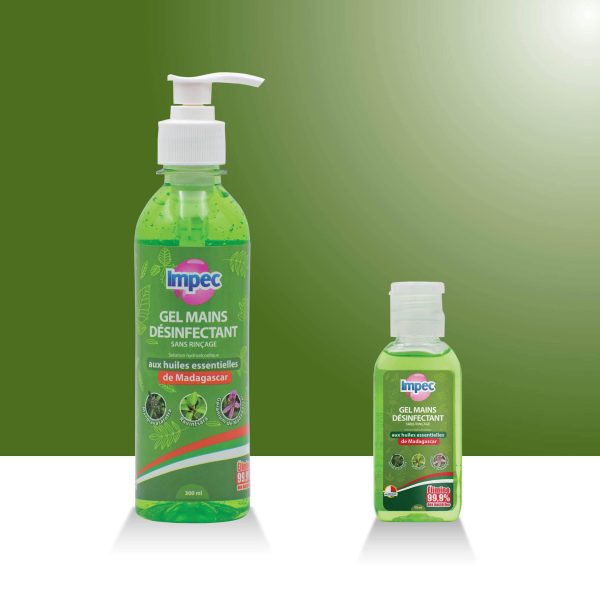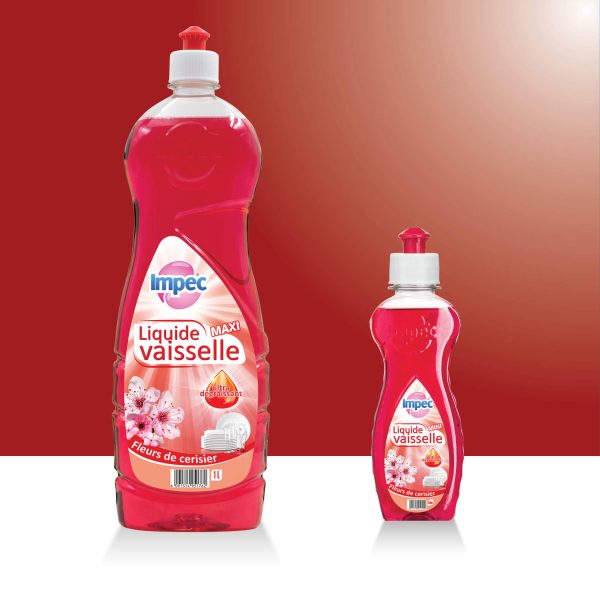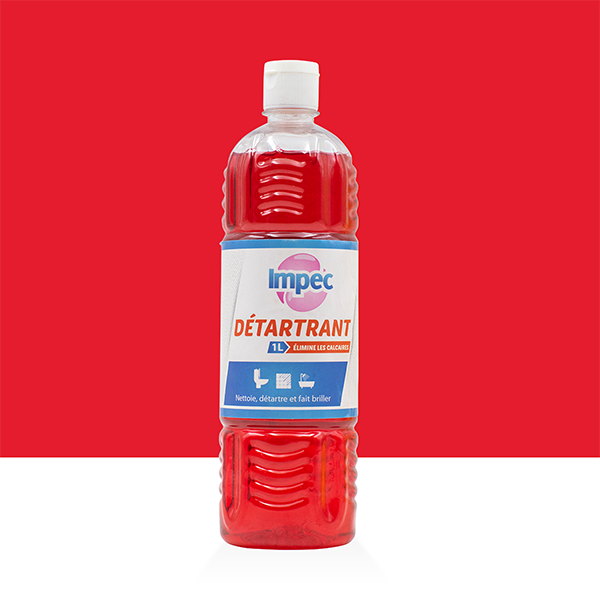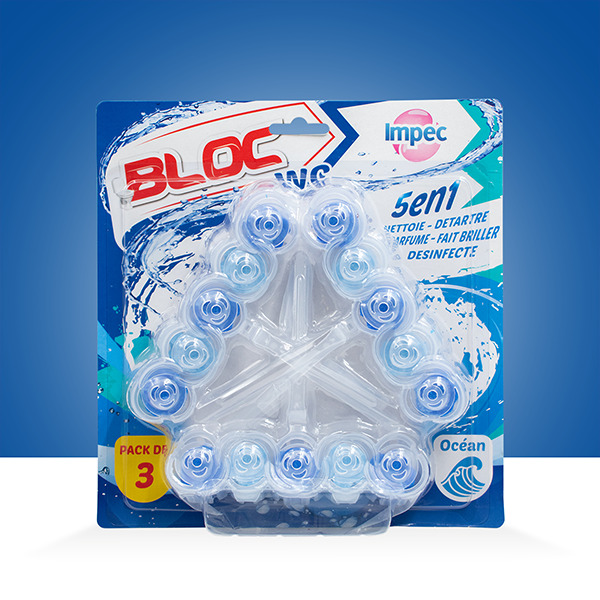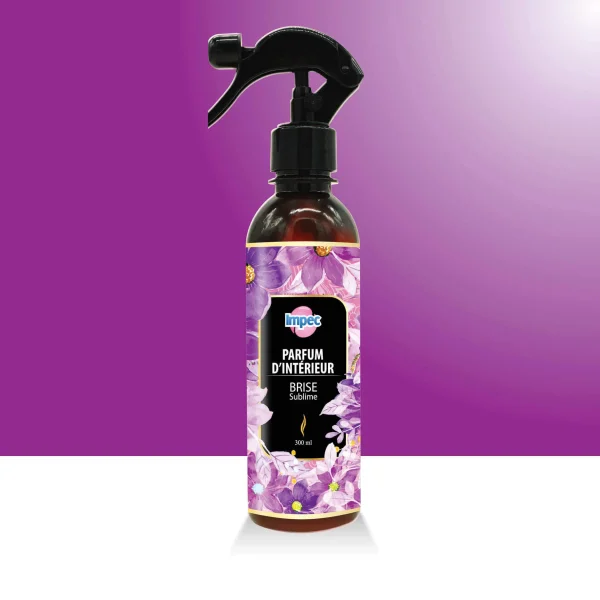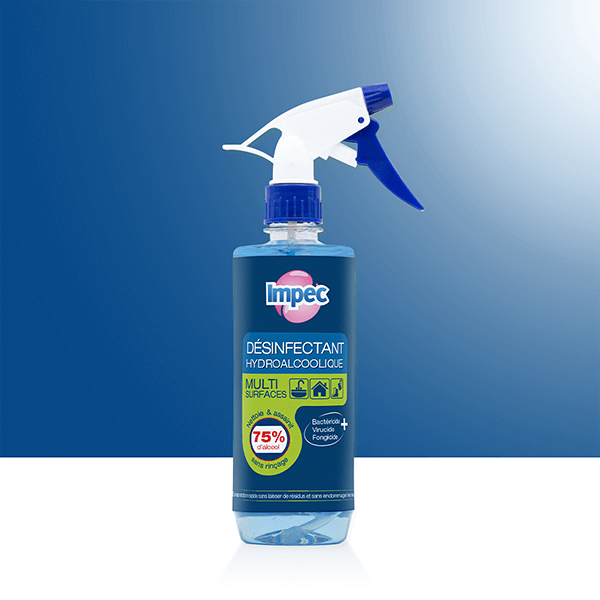Entretenez la brillance de vols sols en parquet et en ciment avec l’encaustique Acajou Impec. Avec son mélange d’essence de térébenthine, de solvant et de cire, ce produit est parfaitement indiqué pour entretenir vos sols durablement. Notre encaustique de couleur acajou convient notamment cirer les bois de couleur sombre.
L’encaustique acajou Impec nourrit, fait briller et embellit les sols en bois brut, en parquet et en béton. Elle peut être utilisée au quotidien pour prendre soin de vos sols mais aussi pour les rénover lorsqu’ils sont ternes. Grâce à sa formule, l’encaustique Impec est également efficace pour éliminer les puces qui prolifèrent sous le bois. Sa teinte rouge acajou est l’idéale pour faire ressortir les nuances du bois ou lui conférer un aspect coloré pour un sol en béton ou en ciment neutre. Enfin, elle assure la protection de votre sol contre les rayures, les taches et la saleté afin que vous puissiez économiser du temps pendant le ménage. Une seule application vous épargne de cirer votre sol pendant plusieurs jours de suite ! Il suffit de balayer et de brosser pour qu’il retrouve son éclat.
Comment appliquer l’encaustique acajou IMPEC ?
Commencez par nettoyer le sol en prenant soin de bien enlever toute la poussière et les résidus qui y sont collés. Appliquez ensuite la cire en fine couche, puis, étalez sur toute la surface avec une chamoisine. Lustrez pendant 15 à 20 minutes, puis laissez sécher. Une fois que le sol est sec, appliquez une seconde couche d’encaustique et laissez reposer pendant au moins une heure. Frottez avec une brosse pour retirer l’excédent et pour éviter d’encrasser le bois. Cela permet également de mieux ressortir la brillance. Finalement, frottez avec un chiffon sec et propre pour parfaire le résultat.









